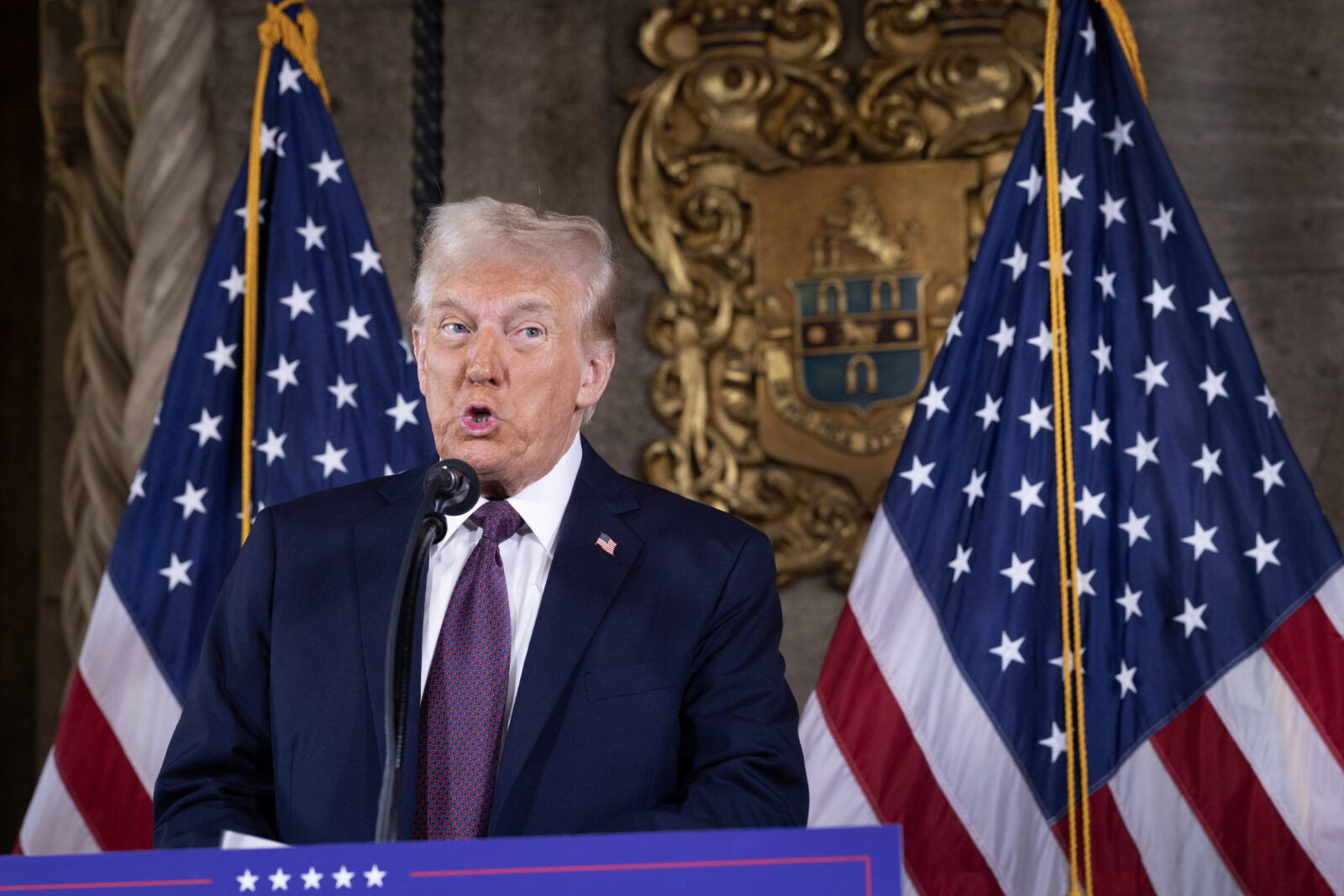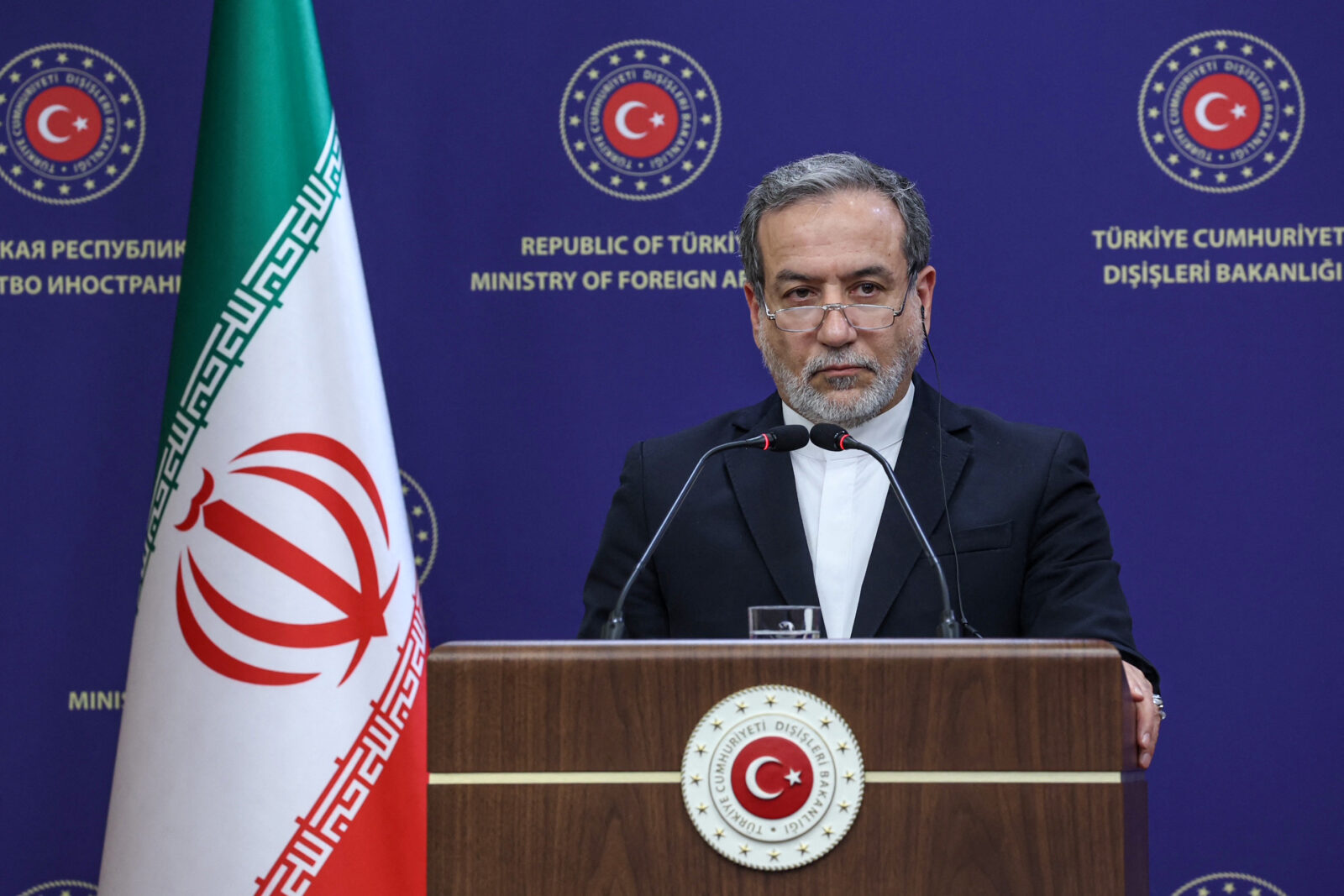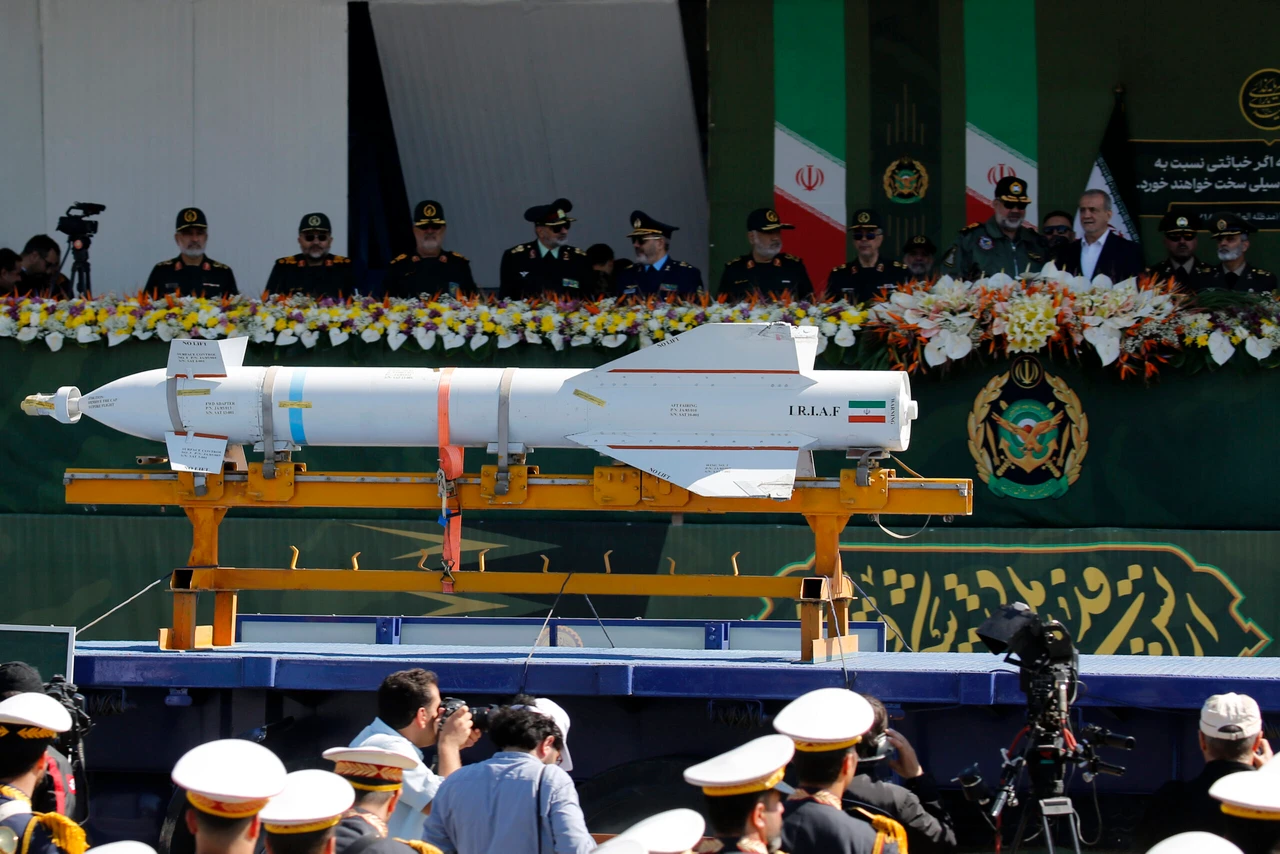Iran cautions Trump against escalating tensions, denies nuclear weapon ambitions
 Members of the Iranian delegation, led by President Masoud Pezeshkian, arrives at the BRICS summit in Kazan on October 23, 2024. (AFP Photo)
Members of the Iranian delegation, led by President Masoud Pezeshkian, arrives at the BRICS summit in Kazan on October 23, 2024. (AFP Photo)
Iranian President Masoud Pezeshkian cautioned U.S. President-elect Donald Trump against escalating tensions with the country, stating that Iran does not seek nuclear weapons.
His comments, made in a televised interview with NBC News on Tuesday, come less than a week before Trump’s return to the White House.
“I do hope that Trump will conduce to peace in the region and the world, not, conversely, contribute to bloodshed or war,” Pezeshkian said, addressing concerns over renewed hostility between the two nations.

Relations between Washington and Tehran have been severed for nearly 45 years. During Trump’s first term in office, he withdrew the U.S. from the 2015 Iran nuclear agreement, reimposed economic sanctions, and heightened tensions by threatening that U.S. ally Israel could take military action against Iran’s nuclear facilities.
“We will react to any action. We do not fear war, but we do not seek it,” Pezeshkian said, responding to the possibility of U.S.-backed Israeli strikes.

The 2015 agreement, negotiated by Iran and world powers including France, Britain, and Germany, lifted international sanctions on Tehran in exchange for significant restrictions on its nuclear program.
Iran adhered to the terms until the U.S. withdrawal in 2018. Following Washington’s exit, Tehran began scaling back its commitments under the deal.
Iran’s foreign minister, Abbas Araghchi, expressed optimism on Tuesday that European powers were serious about resuming nuclear negotiations.
Pezeshkian reiterated Iran’s position on nuclear weapons, saying, “We do not seek to create nuclear weaponry or armament. However, they accuse us of seeking the manufacturing of a bomb.”
When pressed by NBC’s Lester Holt on whether he would consider talks with Trump upon his return to power, Pezeshkian struck a skeptical tone. “The problem we have is not in dialogue. It’s in the commitments that arise from talks and dialogue that we’ll have to commit to,” he said, adding that it was the U.S. that failed to honor its obligations under the previous agreement.



